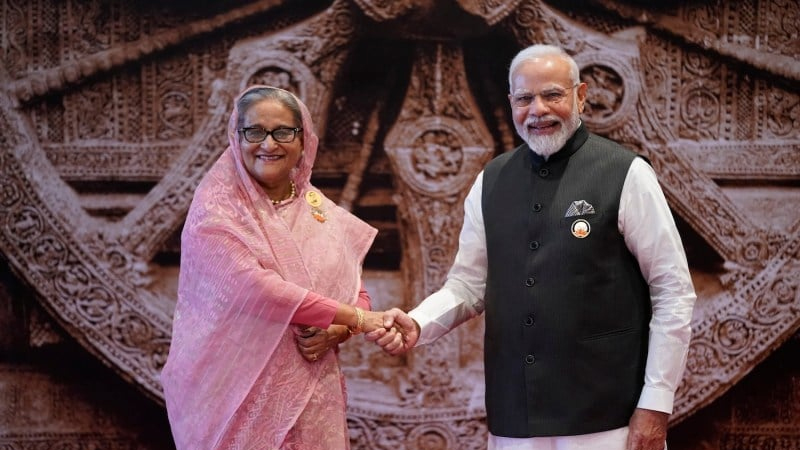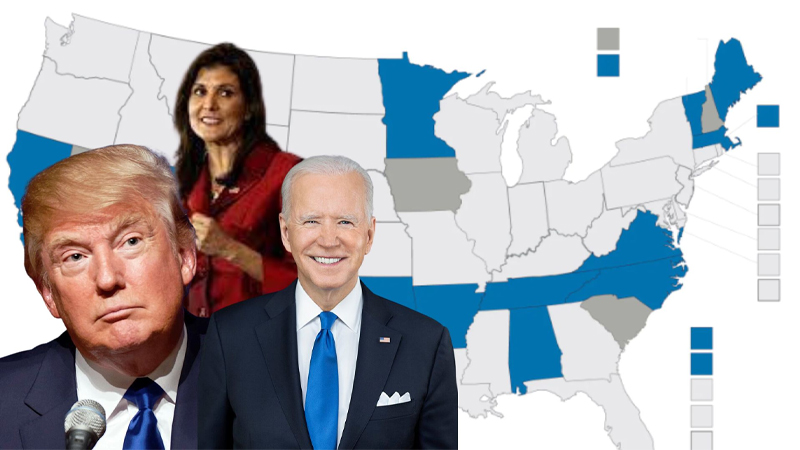In recent months, Bangladesh has witnessed significant political upheaval, marked by the fall of Sheikh Hasina Wajid’s 16-year rule. The movement that led to her departure was driven by widespread discontent among the people, who rejected what they saw as undemocratic practices and fear-based governance.
This turn of events in Bangladesh has sparked concern across its borders, especially in India. Observers note alarming similarities between the political tactics of India’s ruling Bharatiya Janata Party (BJP) and those of Hasina Wajid’s Awami League. Both are accused of using social violence and vindictive politics to secure their agendas.
Critics argue that like the Awami League, the BJP employs similar methods to stifle dissent and undermine freedoms, including freedom of expression and press. Indian politicians are increasingly worried that the country’s political climate could mirror the unrest seen in Bangladesh.
Recent comments by Indian political figures underline these fears. Former Congress Minister Salman Khurshid has warned that India might face a situation similar to Bangladesh’s. The parallels are drawn from past protests like the Shaheen Bagh movement against the Citizenship Amendment Act and the National Register of Citizens, which reflect the growing discontent among the populace.
Political leaders like Rahul Gandhi have also sounded alarms about potential unrest and violent clashes, suggesting that the Modi government should take heed of Bangladesh’s lessons on democracy, transparent governance, and fair electoral processes. The pressing message is that India must ensure all democratic institutions function impartially to prevent similar upheaval.
As the situation unfolds, there is a call for reflection and reform within the Modi administration to avoid repeating Bangladesh’s tumultuous path.











Leave a Reply